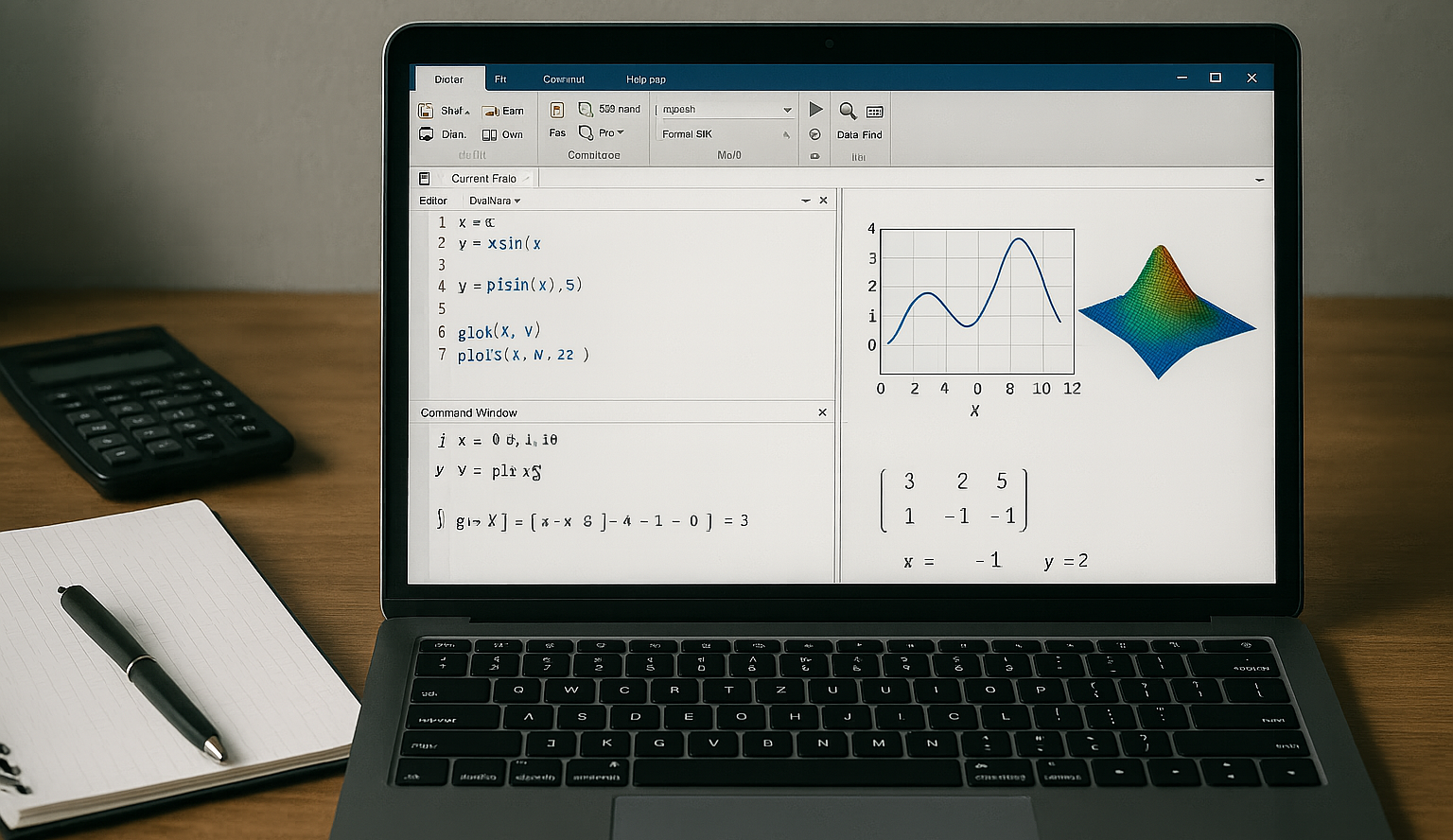
In this course, students will learn about mathematical procedures in financial mathematics and life insurance, such as interest rates, cash...
Discover new approaches to teaching regional geography – from working with modern tools, to creating your own model lessons that connect theory…
The MVGZ2 subject focuses on the didactic aspects of teaching regional geography of Europe, as well as North and South America in primary school. Within the subject, students acquire skills in the area of transforming professional content into a form that is understandable and meaningful for primary school students. The seminars include the creation and implementation of model lessons for selected regions. In the preparation, implementation, and evaluation of model lessons, emphasis is placed on the selection of content, formulation of objectives, and selection of appropriate teaching methods, strategies, organizational forms of teaching, and teaching aids, including digital tools. Students develop the ability to lead the teaching of regional geography in context, while connecting knowledge of physical and human geography with regional specifics. Emphasis is also placed on the development of geographical thinking within the teaching of regional geography. The lectures deal with selected phenomena that are specific to individual regions, and often present specific proposals for the didactic representation of phenomena in teaching at the second level of primary school, including the presentation of specific tasks, aids, teaching methods, and strategies.
Students are guided to critically evaluate and discuss historical and contemporary approaches to teaching regional geography of Europe, North and South America, as well as the very position of regional geography in the system of geographical education. Students propose alternative teaching concepts, and discuss the adequacy and topicality of a given regional geography curriculum. They create a proposal for including procedures from current scientific works, discuss, and apply their proposals in model lessons. Students divide continents (Europe, North and South America) into regions. Students apply knowledge of general physical and human geography to teaching defined regions, and connect this knowledge with regional specifics. Students demonstrate didactic transformation, and derive a model for teaching regional geography in the context of primary school level. Students determine appropriate methods and organizational forms when conducting a model lesson of regional geography. Students select appropriate and relevant sources of information (articles, publications, websites, models, etc.) about individual regions, and include this information in the lesson. Students compare Czech and foreign atlases. Students appropriately use technology (e.g. interactive whiteboard, Google Earth, GIS, etc.) in teaching regional geography.
The student should have knowledge of physical and human geography at the level of the state final examination of the Bachelor’s degree. The ability to correctly use knowledge from didactic-geographic subjects, and apply the principles of general didactics in the context of teaching geography at primary school is expected. The student should be able to motivate students to be interested in geography, compile a didactically correct test, plan and implement a lesson, and evaluate students’ work in geography lessons.
After completing the course, the student will be able to divide the continents (Europe, North and South America) into individual regions, and will be able to apply knowledge of general geography, both physical and human, to the teaching of these defined regions. He/she will be able to present the connection of general geographical rules from specific areas, emphasize the mutual connections between individual topics, and use appropriate and relevant resources for the teaching of regional geography.
Lecture based on explanation,
Lecture with demonstration,
Lecture with discussion,
Seminar teaching (discussion methods),
Problem solving,
Analytical-critical work with text,
Skill demonstration,
Project teaching,
Discussions.
Faculty of Education
CBG/MVGZ2
From 15. 6. 2025 to 31. 8. 2025
Winter semester 2025/2026
Room UX 236
Seminar – Monday 4:40 p.m. – 7:15 p.m.
Lecture – Tuesday 12:05 p.m. – 1:45 p.m.
FST Building, Bory Campus
15. 9. 2025 – 16. 12. 2025
Contact teaching: 26 hours
Individual project: 16 hours
Practical teaching: 39 hours
Exam preparation: 50 hours
After logging in, you will be redirected to the e-application form, where you must complete the registration.
Univerzitní 22, Pilsen

In this course, students will learn about mathematical procedures in financial mathematics and life insurance, such as interest rates, cash...

The STAV course introduces students to the graphical processing and presentation of statistical data using specialized software. The course also...

In this course, students will learn the basics of algorithms in numerical mathematics, analysis, and geometry, including computational errors and...